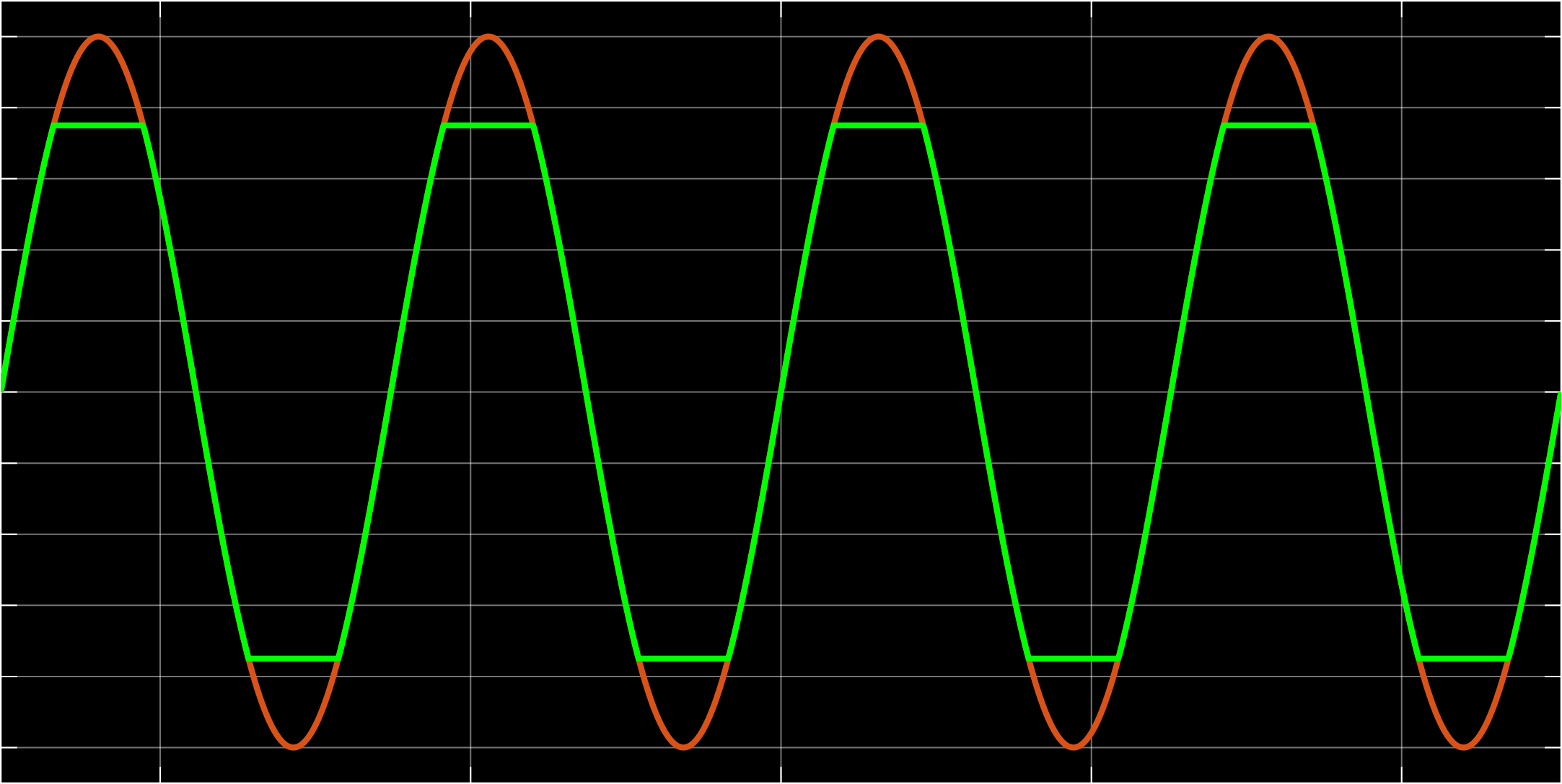
Precision Filters, Inc. (PFI) is excited to announce the release of a new article describing how programmable features of PFI's signal conditioning products can be used to prevent the corruption of data from invisible clipping.
If an amplifier in a signal conditioner is overloaded and saturates on its input, the amplifier output will be clipped and the data corrupted. If this clipped output is then passed through a low-pass filter, evidence of the clipping is removed – it becomes invisible – but the in-band signal will be a distorted version of the true signal. The risk of invisible clipping can be minimized by distributing gain across both sides of the filter, a standard feature on Precision Filters’ signal conditioning products. By providing software-programmable apportionment of gain, Precision Filters makes it easy for users to prevent invisible clipping from corrupting in-band signals.
In a new article, Precision Filters demonstrates the effects of invisible clipping using simple test signals. Strategies for preventing invisible clipping are discussed, including the use of distributed gain, programmable gain reserve, and overload detection – features that are standard in all Precision Filters signal conditioning products. Download the article today from PFI's technical library to learn more about how PFI can ensure your measurement system is protected from the insidious effects of invisible clipping.
From the laboratory to the test cell, Precision Filters' programmable filter/amplifier system line-up has you covered. Choose from the high-density modular 28000 system that packs up to 128 channels of anti-alias filter/amps in a single chassis, the convenient 16-channel PF-1U rack mount filter/amplifier system, or the compact PFA-2 two-channel desktop unit. We even offer programmable filter modules for NI's™ popular cDAQ™ and cRIO™ format.
